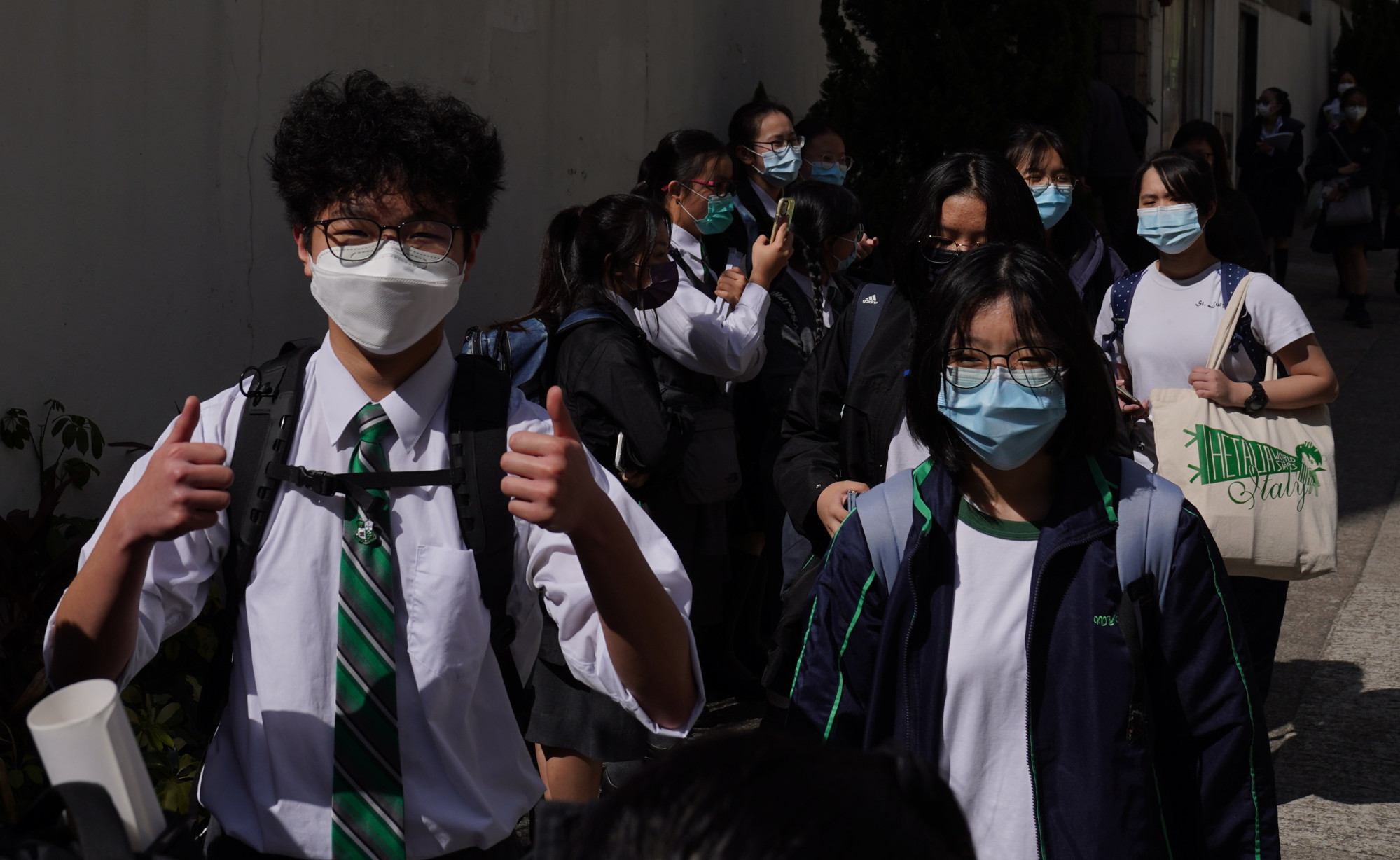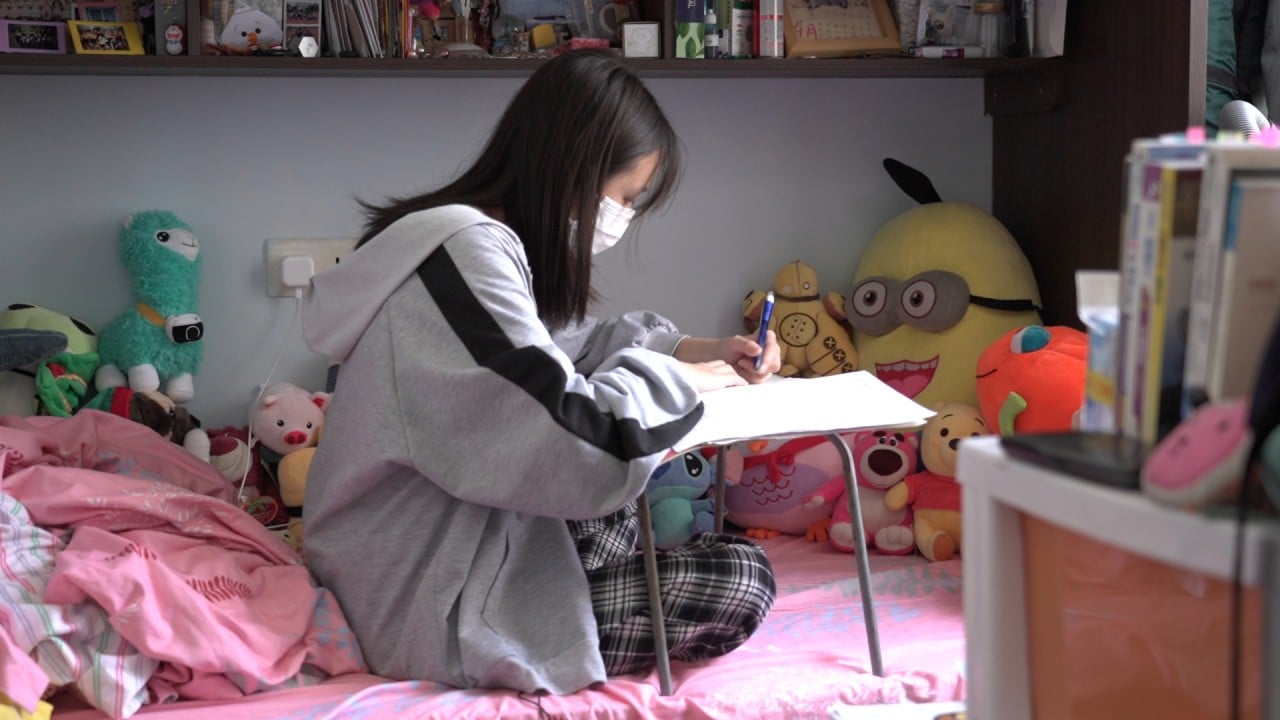
Five areas where John Lee can improve the lives of Hong Kong youth
- Hong Kong has a duty to its young people. We need education reform to better recognise non-academic talent, more resources for schools and teachers, better community support and help for families, plus improved job and training opportunities
The mental health of young people presents a major challenge, with wide-ranging implications on both their physical health and holistic development.
That said, I hold out hope that the new government can deliver, because a society without hope is one that is unmotivated and incapable of pushing through reforms that can improve the well-being of society.
To effectively implement youth policies requires comprehensive support, building relationships and creating a platform for communication and trust. Here are five areas where there we can look to improve things.
Yet, they could be very talented in other areas. If we could increase the quota of tertiary education places and provide multiple pathways to employment, we would have the space to make our curriculum more interesting and diversified, to better nurture young talent. Parents would then become more supportive of different pathways for their children.
Third, community support. Community resources can provide additional support to schools, to build a safe and happy learning environment. For example, Project WeCan by Wharf (Holdings) has made good use of the resources of the company and its partners to provide alternative learning experiences for young people, especially those who might be struggling academically.
Also, some schools have opened up their spaces for young people in their district who require after-school support. While doing so may have involved hurdles related to administrative duties, insurance, cleaning and security, these have been overcome by the active participation of a community committed to bringing about positive change.

Finally, we need to support youth development and career paths by improving on-the-job training opportunities. Proper training will prepare young people for the job market and improve their upward mobility. At the moment, there are insufficient good options for those who do not get a place at a government-funded university but cannot afford to attend a self-funded establishment.
Reach out to hearts and minds of young in Hong Kong
Meanwhile, postsecondary education pathways need to expand so young people of diverse abilities can make the most of their potential. Whether it is working in cutting-edge technology, training to be a pastry chef, tattoo artist or barista, every trade needs skills and offers opportunities for development. Abandoned school buildings could, for example, be transformed into places where young people can pursue their dreams, and even host start-up companies.
Paul Yip is a chair professor (population health) in the Department of Social Work and Social Administration at the University of Hong Kong


